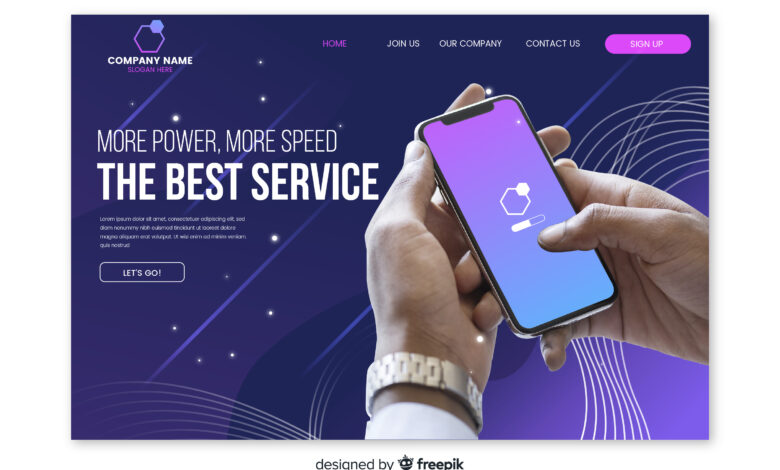How Multi-Service Apps Are Shaping Consumer Expectations

In today’s fast-paced world, convenience is king. The rise of multi-service apps like Gojek is transforming the landscape of consumer expectations, reshaping how we think about services, interactions, and overall value. These platforms, which offer a variety of services under one umbrella, are not just changing the way consumers access goods and services; they are also setting new standards for convenience, efficiency, and customer experience.
The Rise of Multi-Service Apps
Gojek, originating from Indonesia, is a prime example of how multi-service apps have gained traction in emerging markets. Initially launched as a ride-hailing service, Gojek has expanded its offerings to include food delivery, logistics, payments, and a plethora of other on-demand services. This transformation reflects a broader trend where consumers are increasingly looking for one-stop solutions that cater to their diverse needs.
Enhanced Convenience
One of the most significant shifts brought about by multi-service apps is the heightened emphasis on convenience. In the past, consumers had to navigate multiple platforms to fulfill different needs—ordering food, booking rides, or sending packages. Now, with apps like Gojek, everything can be accessed through a single interface. This ease of use not only saves time but also simplifies the decision-making process. Users no longer need to juggle multiple apps or accounts; they can complete various tasks with just a few taps on their smartphones.
Elevated Customer Expectations
The convenience that multi-service apps offer has raised the bar for customer expectations. Today’s consumers expect seamless experiences across all platforms. They want quick responses, smooth transactions, and high-quality services. This demand for efficiency extends to customer service as well; users expect timely support and solutions to their problems, ideally within the app itself. The success of platforms like Gojek hinges on their ability to meet these expectations consistently.
Increased Competition and Innovation
The emergence of multi-service apps has sparked increased competition among service providers. Businesses must innovate to differentiate themselves and capture market share. For instance, Gojek’s competitors have also begun expanding their service offerings, leading to a surge in innovation across the industry. Companies are exploring new technologies, such as AI and machine learning, to enhance user experiences, optimize delivery times, and personalize services.
Shifting Consumer Behavior
Consumer behavior is also evolving due to the convenience and efficiency offered by multi-service apps. The expectation of instant gratification is more prevalent than ever. With a few taps, users can have food delivered, book a ride, or send a package across town. This shift has led to a greater reliance on mobile apps, prompting consumers to prioritize speed and ease over traditional service experiences. Businesses must adapt to these changing behaviors by streamlining processes and ensuring that their services are accessible and user-friendly.
Trust and Reliability
In a world where consumers are inundated with choices, trust and reliability have become essential factors in the decision-making process. Multi-service apps like Gojek are working to build trust by implementing user ratings, transparent pricing, and secure payment options. By creating a reliable ecosystem, these platforms not only foster customer loyalty but also enhance their reputation in a crowded marketplace.
Challenges Ahead
Despite the many advantages, the rise of multi-service apps also brings challenges. As consumer expectations continue to evolve, businesses must invest in technology and infrastructure to keep pace. Additionally, they must navigate issues such as data privacy and security, as consumers become increasingly aware of how their information is used.
Conclusion
Multi-service apps like Gojek are reshaping consumer expectations by prioritizing convenience, efficiency, and seamless experiences. As these platforms continue to innovate and expand, they are setting new standards for service delivery that businesses must strive to meet. In a rapidly changing digital landscape, the ability to adapt and respond to consumer needs will be crucial for success. For consumers, this transformation means more choices, enhanced convenience, and an overall improvement in service quality. The rise of multi-service apps is what is driving the future of service delivery.




